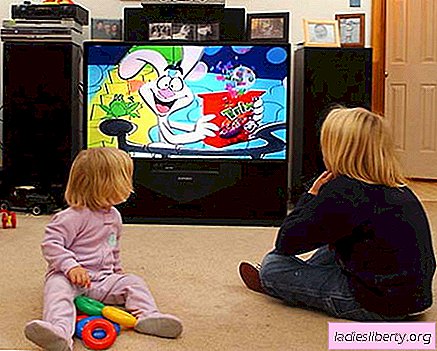
Children watch television on average about eighty minutes a day. Depending on whether the program is age-appropriate and educational, the whole time in front of the screen can either help or hurt their development, say American researchers at the University of North Carolina at Wilmington.
But what happens in these 80 minutes is only half the trouble. According to a nationwide study, much more television affects children indirectly in the background while they do other things.
An average child between the ages of eight months and eight years absorbs almost four hours of this so-called background or “passive” television every day, the study said. The constant flickering and sound of a nearby TV not only distracts children from playing, doing homework and talking with parents, all of which can badly affect their health. Moreover, noise from the TV can slow down the development of speech in infants and toddlers, scientists say.
Researchers came to such conclusions by interviewing 1,500 parents about their children's activities over the past day, and whether the television was turned on at that time.
The American Academy of Pediatrics recommends that parents limit their children to watching TV to less than two hours a day, and to exclude it completely for children under two years of age.
But perhaps the most important step parents can take is to remove the television from the children's bedroom. Studies have shown that children who have a TV in the room have a higher risk of developing obesity, they sleep poorly, and their academic performance is reduced.











